The level of participation has tended to decline in the country for around ten years, with, in addition, repercussions of the Covid crisis.
Breast cancer screening remains “weak” in France, where less than one in two women aged 50 to 74 participate, according to a study published by Public health France (SPF). The survey points in particular to a persistent impact of the health crisis linked to Covid. Faced with the most common and deadliest cancer for them (12,000 deaths per year), French women aged 50 to 74 are offered, every two years, a clinical breast examination and a mammogram, followed by a second reading. by an expert if the first is normal or a diagnostic assessment in the event of a suspicious image.
Some 2.6 million women had an organized screening mammogram in 2023, or 48.2% participation (compared to 44.8% in 2022).“An increase in participation is therefore observed in 2023, but participation over the period of the two rolling years 2022-2023 (46.5%) remains lower than that of 2021-2022 (47.7%)”notes the study published this week.
Read alsoBreast cancer: less than one in two women aged 50 to 74 will be screened in 2022
France is struggling to reach the European target of at least 70%. The level of participation has tended to decline in the country for around ten years, with, in addition, repercussions of the Covid crisis. “After increasing until 2011-2012 to reach a peak at 52.3%, participation in the program has since been decreasing, for all age groups and all regions”thus underlines the study.
An impact of the Covid crisis “endures”points out the health agency, according to which “the invitation cycle” in cancer screening was found “disturbed”longer delays in making appointments, and “hence the performance of mammograms”. What’s more, since around 2015, “the gradual decline in the supply of senology had already led to difficulties in making appointments, with a gradual lengthening”notes the study. “It is likely that the consequences of the disruptions due to Covid will once again have an impact on the calculation of 2024 participation”the year in which the new organization of screening will also apply, for which health insurance has regained control of invitations.
In addition to the Covid crisis, a previous SPF study put forward several hypotheses in July to explain the downward trend in participation in breast cancer screening, including “doubt about the usefulness” or the “medical desertification”. Another lesson: the rate of cancers detected among women undergoing screening is increasing regularly in France, “consistent with the observed increase in the incidence of breast cancer in the population”, especially among the youngest categories. Mammograms are also done outside of organized screening.






